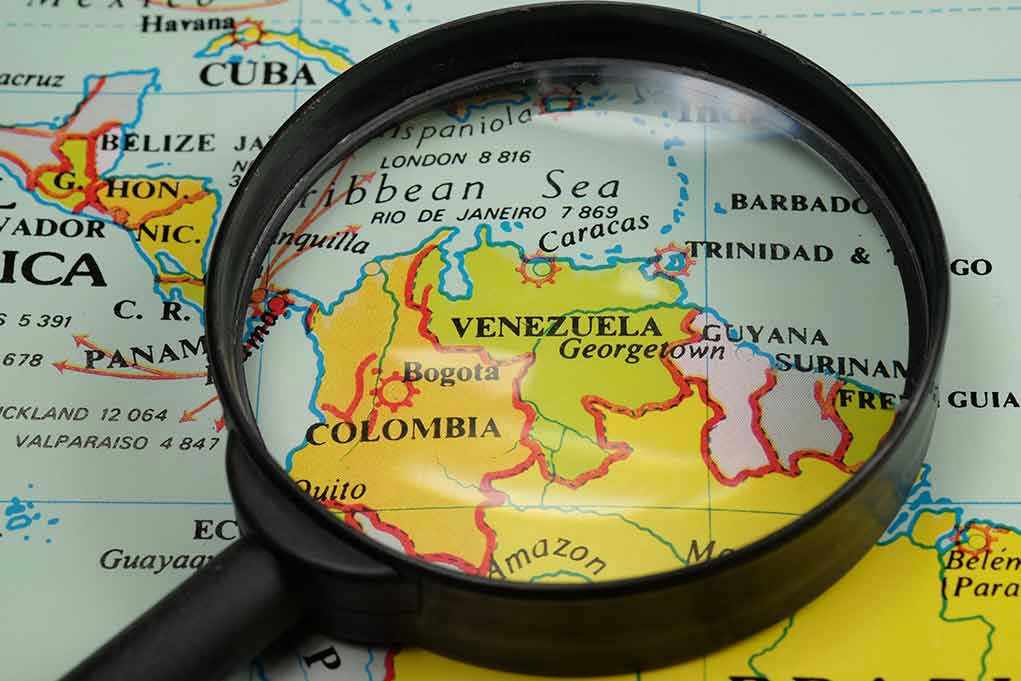
A foreign leader’s call for insubordination has led to a diplomatic clash, shaking the foundations of an enduring alliance.
Story Highlights
- The US revokes Colombian President Gustavo Petro’s visa after controversial remarks.
- Petro urged US soldiers to defy President Trump’s orders regarding Gaza.
- This unprecedented move strains US-Colombia relations.
- Petro accused the US of violating international law in response.
US Revokes Visa Over Controversial Speech
The United States has made a significant diplomatic move by revoking the visa of Colombian President Gustavo Petro. This decision came in response to Petro’s public speech during a pro-Palestinian rally in New York on September 26, 2025. At this rally, Petro urged US soldiers to disobey orders from President Trump concerning the Gaza conflict, a call that the US government found unacceptable and provocative.
This action marks the first time a sitting Colombian president has faced such punitive measures from the US, reflecting the severity of Petro’s remarks. The US, led by President Trump, emphasized the need to maintain military discipline and uphold the authority of the commander-in-chief. The speech, delivered outside the United Nations headquarters, amplified its impact, drawing international attention and controversy.
Historical Context and Diplomatic Strain
Colombia and the US have long shared a strong partnership, especially in security and counter-narcotics efforts. However, the relationship has been tested under Petro’s leadership. Earlier in 2025, Petro’s decision to suspend deportation flights from the US and the subsequent US decertification of Colombia’s drug war efforts added to the strain. Petro’s recent remarks further complicate this historically close alliance.
The diplomatic fallout is significant, with Petro returning to Bogotá on September 27, denouncing the US action on social media. His response included accusations of international law violations by the US, further escalating tensions. The Colombian government, caught between Petro’s rhetoric and its longstanding US partnership, faces increased domestic and international pressure.
Implications and Future Prospects
The immediate revocation of Petro’s visa has frozen diplomatic relations between the US and Colombia, with potential for further sanctions or aid reductions looming. The political landscape in Colombia is now more polarized, with opposition figures criticizing Petro’s approach. Economically, Colombia risks instability if US trade or aid is curtailed, affecting its citizens and government programs.
Broader implications include possible disruptions to security and counter-narcotics operations and shifts in regional diplomatic dynamics. As Petro’s presidency continues until July 2026, the US-Colombia relationship remains uncertain, with potential ripple effects across Latin America.
US to Revoke Colombian President's Visa After He Encouraged Soldiers to Incite Violence https://t.co/hk2JQenb1Y
— 💜Naddez💜 (@Naddez1) September 29, 2025
Experts warn of long-term damage to bilateral relations, emphasizing the need for careful navigation through these diplomatic challenges. As the situation develops, stakeholders on both sides must weigh the consequences of their actions and rhetoric.











